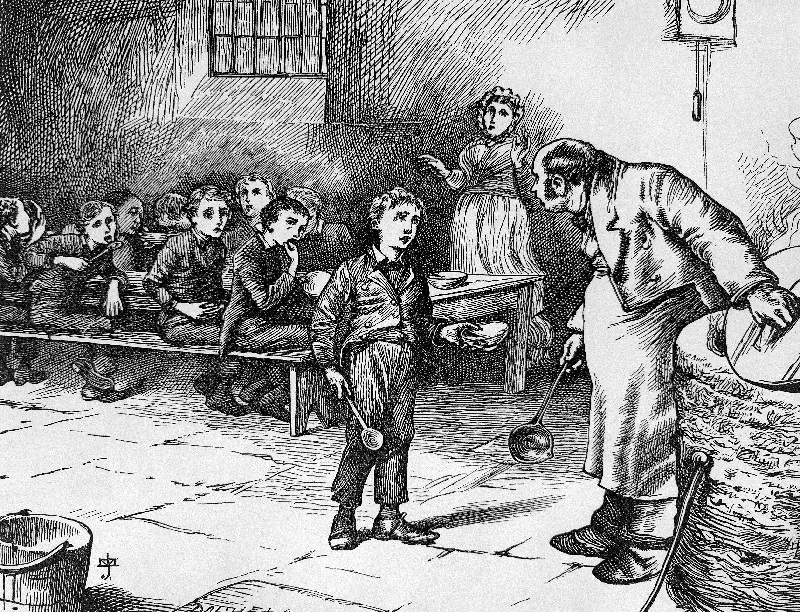“Here there is a world’s apart, unlike everything else, with laws of its own, its own dress, its own manners and customs, and here is the house of the living dead – life as nowhere else and a people apart.” And the story of this living dead is what Dostoevsky brings to us readers. Based loosely on his own prison experience, this semi-autobiographical novel chronicles the ten-year prison life of Alexander Petrovich in a Siberian prison.
The story begins with “gentleman” Alexander’s arrival at the prison which overflows with the peasant community. From the beginning, he is an outsider in every possible way. Imagine, leaving one’s own country, surrendering one’s liberty, and coming into a prison to serve a ten-year term of penal servitude just to face the cold and unfriendly multitude of peasants; how alone one must feel. The wide gap between the gentry and the peasants in the free world is also preserved in this confined world.
Alexander’s mental suffering is acute, for the surrounding is too harsh for his gentlemanly breeding and his intelligence. But he has no choice except to endure the suffering for ten long years amidst a handful of gentlemen and a multitude of peasants. He has to prepare himself mentally to acquiesce to this new life. It is by no means easy. Alexander details his first year in prison which is the hardest of all years. The loathing of the surroundings, his agony at having to live daily in stifling condition, at his distress at the unfriendliness of the fellow convicts leave him ill. It is a painful and melancholy account. With time, he reconciles with his condemned life and earns a few friendly acquaintances.
Alexander’s observation of the convicted peasants helps him to acquire a good understanding of them. The prejudice he entertained against them, being a man of the gentry, slowly evaporates as he learns to appreciate their simplicity and good-naturedness. His study of their characters brings to the chronicle a true account of the thoughts and conduct of the peasant class.
The chronicle also details to some extent the nature of corporal punishment and the general conduct of the prison officers. Corporal punishment was cruel and inhumane and it was painful knowledge that at some point in our history such punishment was thought of as just. Being something of a reign of its own, certain commanding officers tended to be tyrants. But generally, according to Alexander’s account, the officers were considerate of the convicts.
The ten years Alexander spent in prison helped him reflect on the true meaning of life and the important values of life. His perception of life and liberty alters, and he leaves the life of the “living dead” a wise man eager to begin his new life. “Freedom, new life, resurrection from the dead…What a glorious moment!”
Reading this melancholy account of Alexander Petrovich made me realize that we too are globally undergoing a similar situation due to the pandemic. We don’t live in a “house of dead” of course, but our free movement is restricted. Liberty is curtailed to some extent. Perhaps, it is time for us to reflect on the important things of our lives as Alexander did and to bask in the glory the new resurrected life will bring when the freedom is fully restored to us.
Rating: 4/5



